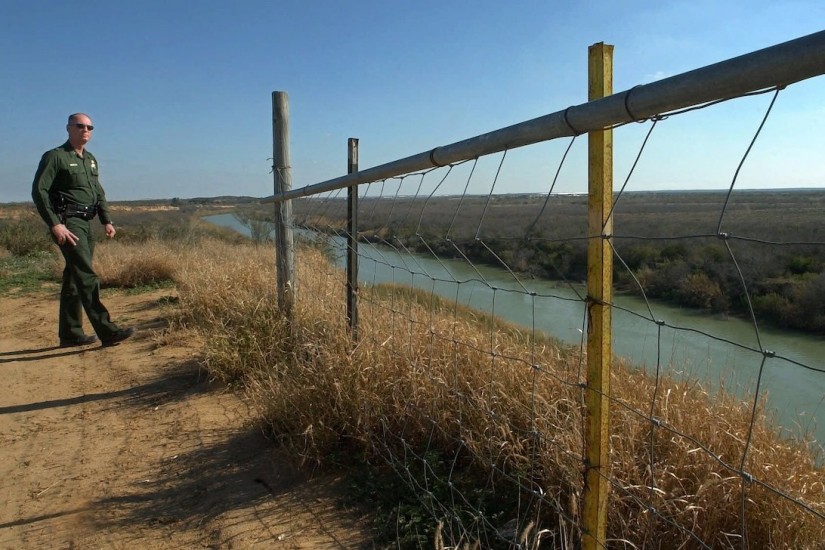Since its founding in the early 20th century, the U.S. Border Patrol has operated with near-complete impunity, arguably serving as the most politicized and abusive branch of federal law enforcement — even more so than the FBI during J. Edgar Hoover’s directorship.
The 1924 Immigration Act tapped into a xenophobia with deep roots in the U.S. history. The law effectively eliminated immigration from Asia and sharply reduced arrivals from southern and eastern Europe. Most countries were now subject to a set quota system, with the highest numbers assigned to western Europe. As a result, new arrivals to the United States were mostly white Protestants. Nativists were largely happy with this new arrangement, but not with the fact that Mexico, due to the influence of U.S. business interests that wanted to maintain access to low-wage workers, remained exempt from the quota system. “Texas needs these Mexican immigrants,” said the state’s Chamber of Commerce.
Having lost the national debate when it came to restricting Mexicans, white supremacists — fearing that the country’s open-border policy with Mexico was hastening the “mongrelization” of the United States — took control of the U.S. Border Patrol, also established in 1924, and turned it into a frontline instrument of race vigilantism. As the historian Kelly Lytle Hernández has shown, the patrol’s first recruits were white men one or two generations removed from farm life. Some had a military or county sheriff background, while others transferred from border-town police departments or the Texas Rangers — all agencies with their own long tradition of unaccountable brutality. Their politics stood in opposition to the big borderland farmers and ranchers. They didn’t think that Texas — or Arizona, New Mexico, and California — needed Mexican migrants.
Earlier, in the mid-1800s, the Mexican-American War had unleashed a broad, generalized racism against Mexicans throughout the nation. That racism slowly concentrated along an ever-more focused line: the border. While the 1924 immigration law spared Mexico a quota, a series of secondary laws — including one that made it a crime to enter the country outside official ports of entry — gave border and customs agents on-the-spot discretion to decide who could enter the country legally. They had the power to turn what had been a routine daily or seasonal event — crossing the border to go to work — into a ritual of abuse. Hygienic inspections became more widespread and even more degrading. Migrants had their heads shaved, and they were subjected to an increasingly arbitrary set of requirements and the discretion of patrollers, including literacy tests and entrance fees.
